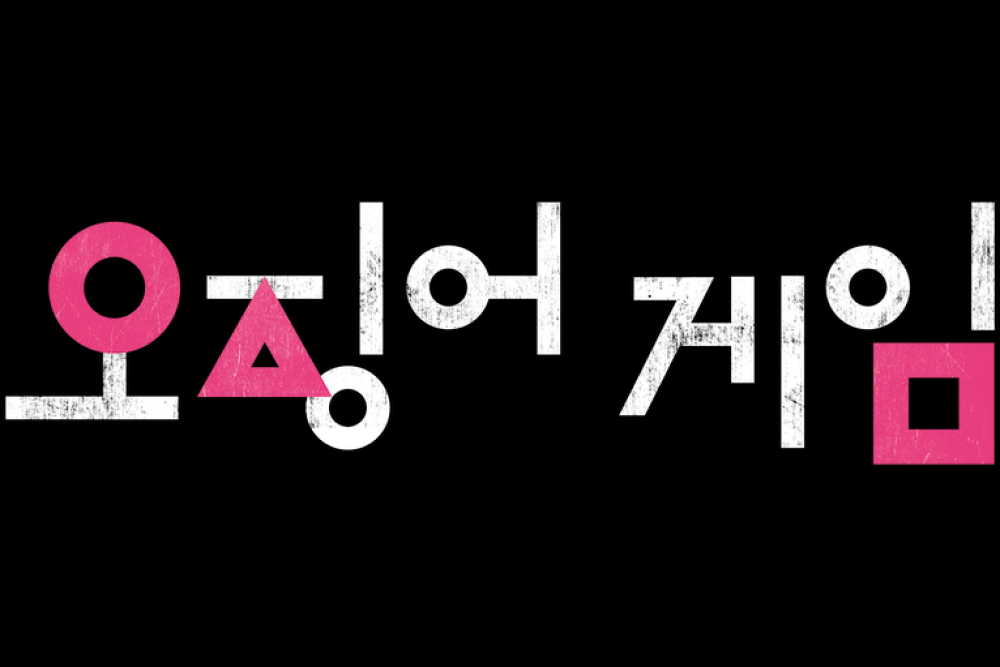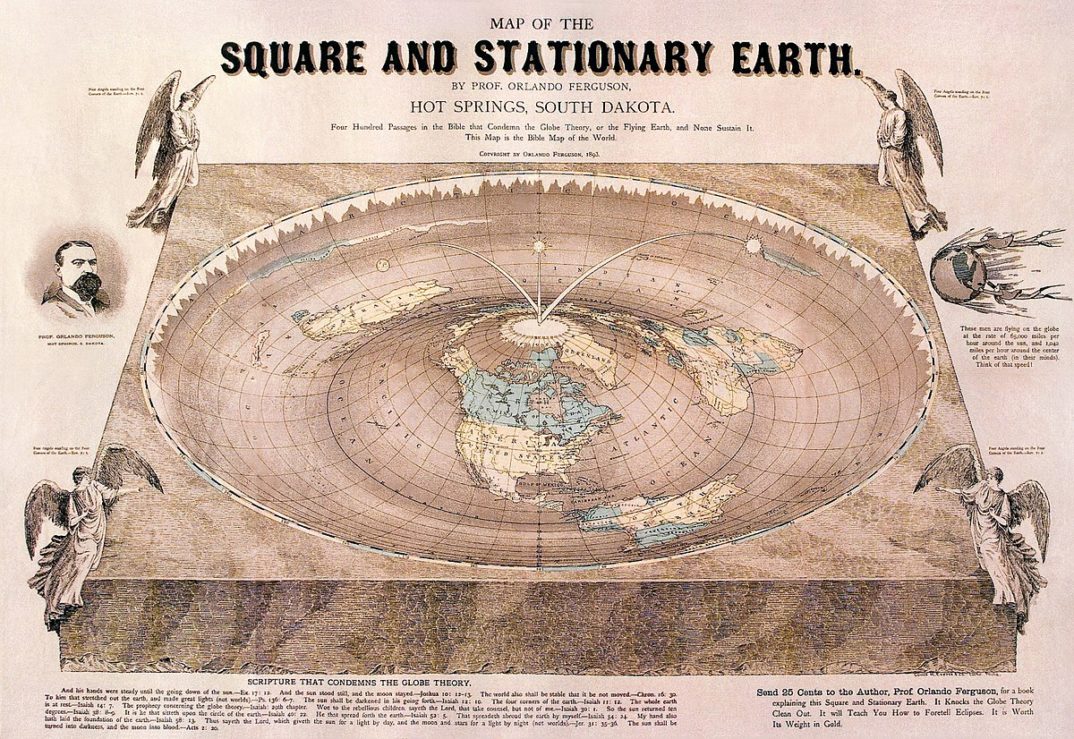So here’s a question: why do we spend time and effort nicely wrapping Christmas presents? Sure the surprise factor created by wrapping is cool, but there are much easier ways to conceal the present until the moment of unveiling.
Now, I’m not actually interested in the real explanation for why we wrap presents. No doubt most people wrap presents because it is traditional, or as a way to show off, or because it provided a nice excuse to procrastinate on dissertation work after an annoyingly long semester (though now that I think about it… that last one might be a bit parochial). Instead, what I want to know is whether there is anything good about wrapping gifts. I’m interested in the goodness of gift-wrap, because it is a particular instance of a more general moral question: what is the importance of outward appearance?
There is profound truth in the banal moralisms about not judging by outward appearance. Don’t judge a book by its cover! Which is to say, when dating you should care about the character of a person, not about how attractive they are. Which is to say, when hiring you should care about the quality of a person’s work and not that person’s height or weight. Which is to say, when voting you should care about the content of what a politician says and not the power of the rhetoric with which they say it. I think all of this is right. I can’t help but sound cliché when I make this point, but the point is true nonetheless: what matters is the reality on the inside, not the appearance on the outside. But if that is right, is it shallow to care how presents are wrapped? Is the beautifying of the appearance merely a sop to our vanity?
Here, I want to use some ancient philosophy to defend the wrapping of presents. I think Plato and Aristotle can help us understand the role of wrapping in our lives. Plato will help us understand what exactly outward appearances are, and Aristotle will help us understand why they might be important.
A Platonic Distinction Between Appearances and the Good
In his work The Gorgias — incidentally, my favorite work on ethics — Plato explains the nature of rhetoric by distinguishing the proper good from the apparent good. He starts with the example of food. According to Plato, there is a good proper to food — namely healthfulness — and an art proper to the good of food — namely nutrition science. Our reason, by the use of careful study, is capable of identifying which foods really are good for us. But there is also an apparent good of food, and that is the tastiness of food. We evolved to like foods that are good to eat. We like to eat what tastes good, and so we hope that what is tasty is good for us.
For Plato, when you find one food tastier than another, that itself does not make the food better. Rather, that is the food appearing better to your tongue. When I look at a Müller-Lyer illusion, the fact that one line looks longer does not make the line longer; rather the line appears longer to my eyes. The tastiness of food is an ‘outward appearance’. It is not itself a good of food, rather it is a way for the food to appear good. Sometimes that appearance is accurate (after all, our tastes did evolve so that we would like food that is good for us), but often the appearance is systematically distorted (as it seems to be in our calorically-rich, junk food laden society).
Plato points out that if you had a nutritionist and a pastry chef each cook food for children, the children would reliably think the pastry chef’s food is better. That is because the children are misled by taste, thinking the worse food is in fact the better. Plato argues that in many similar contexts we mistakenly prioritize the appearance of good over the actual good, especially when the actual good is difficult to identify. The good proper to ideas is truth. However, those skilled in rhetoric can package their ideas so that they appear true even when they are false. The good proper to soap is its ability to clean. However, most cleaning companies focus on proper perfuming so that things at least smell clean whether or not they are.
This division between the true good and the apparent good exists, according to Plato, because we are not only rational creatures but are embodied rational creatures. We don’t just have a rational nature which can recognize the good of things, we also have animalistic appetites which cannot track goodness directly and so instead perceive goodness by way of proxies.
Physical attraction is the proxy our animalistic body uses to decide who to marry, even though the correlation between physical attraction and spouse quality is weak at best. Taste is the proxy our animalistic body uses to decide what food is good to eat, even though in our environment the correlation between taste and health is often inverted.
This distinction of Plato’s is, I think, a useful way for thinking about outward appearance. The ‘inward reality’ concerns the actual good of the thing, and the outward appearance describes how that goodness appears to our appetites.
Aristotle’s Insight on the Second Good of Activity
Once you have Plato’s distinction in mind, you might think that wrapping presents is clearly vain. After all, it involves a focus on outward appearances, and even worse, a focus on outward appearances that have nothing to do with the primary good of the gift. You can make food taste better by adding salt, but at least salt is also an important nutrient to human health! If you wrap Christmas presents nicely, it does nothing to improve the actual good of the inner gift. So to understand why wrapping presents might still be valuable, we now need to turn to the insights of Aristotle.
Plato tended to be pretty harsh on our physical bodies. He, at times, wrote as though we are rational selves trapped in a physical body that, for the most part, just gets in the way. It is thus, perhaps, not surprising that he didn’t see value in our animalistic appetites seeing things as good.
Aristotle, however, had a somewhat more balanced view of the integration of body and soul. For Aristotle, it would not only be a mistake to think of ourselves as souls trapped in a body, he would not even think it possible for a soul to be trapped in a body. For Aristotle, the body and soul (or matter and form) are inextricably linked together; they don’t make sense without one another.
This led Aristotle to pay more attention to how we want to integrate our animalistic appetites with the judgment of our reason. For Aristotle, pleasure is not a mere distraction, rather it can perfect other already good activities. And it is this idea of perfecting which will help us understand why it might be good to wrap presents.
To understand Aristotle’s notion of perfection, we need to distinguish between two different goods. The first is the good object of an activity – the good object of eating is healthy food. The second is the good activity itself. Not only is food good, but it is also good to eat food. Not only is a person good, but it is also good to befriend or marry that person. Not only is an idea good (that is true), but it is also good to believe or understand that idea.
Aristotle’s central insight, then, is that the good of outward appearances does nothing for the good of the object. But it does make easier the good of the activity. And the reason it makes that activity easier is because we are not just rational souls, we are also physical bodies, and the outer appearances make it easier for our whole bodies to enter into the activity.
That food is tasty does not make the food better for you, but it certainly makes it easier to eat the food. It allows you to enter into the activity of eating more fully. Similarly, that someone is physically attractive is not a good reason to marry someone. But it is still a good thing if you find your spouse attractive, because it makes it easier to care for and love your spouse. Your animalistic appetites cooperate with, rather than fight with, your reason.
It is this role that Aristotle has in mind when he says that pleasure perfects our activities. I can pursue the good even if I don’t enjoy it, but when I enjoy what I am doing I am able to enter into the activity more fully.
Aristotle’s insight is that, as embodied creatures, the outward appearances which give rise to bodily pleasure help us enter our whole selves (and not just our rational selves) into an activity. Rhetoric can be used to mislead, as it is often used in government propaganda. But it can also be used to help people more deeply appreciate what is true (as is the case in Martin Luther King Jr.’s rhetoric in “Letter from a Birmingham Jail”).
So then, the reason we wrap presents need not be a simple sop to our vanity. Rather, it can be a way to recognize that the person you are giving a gift to is not just a rational soul but a human person — someone who has not just an intellect that can tell what is good about a gift, but someone with eyes which can be drawn in by the beauty of a present. Beautifying the exterior, while it can be vain or deceptive, can also be an appropriate way to help one fully enter into and appreciate the inner good.









